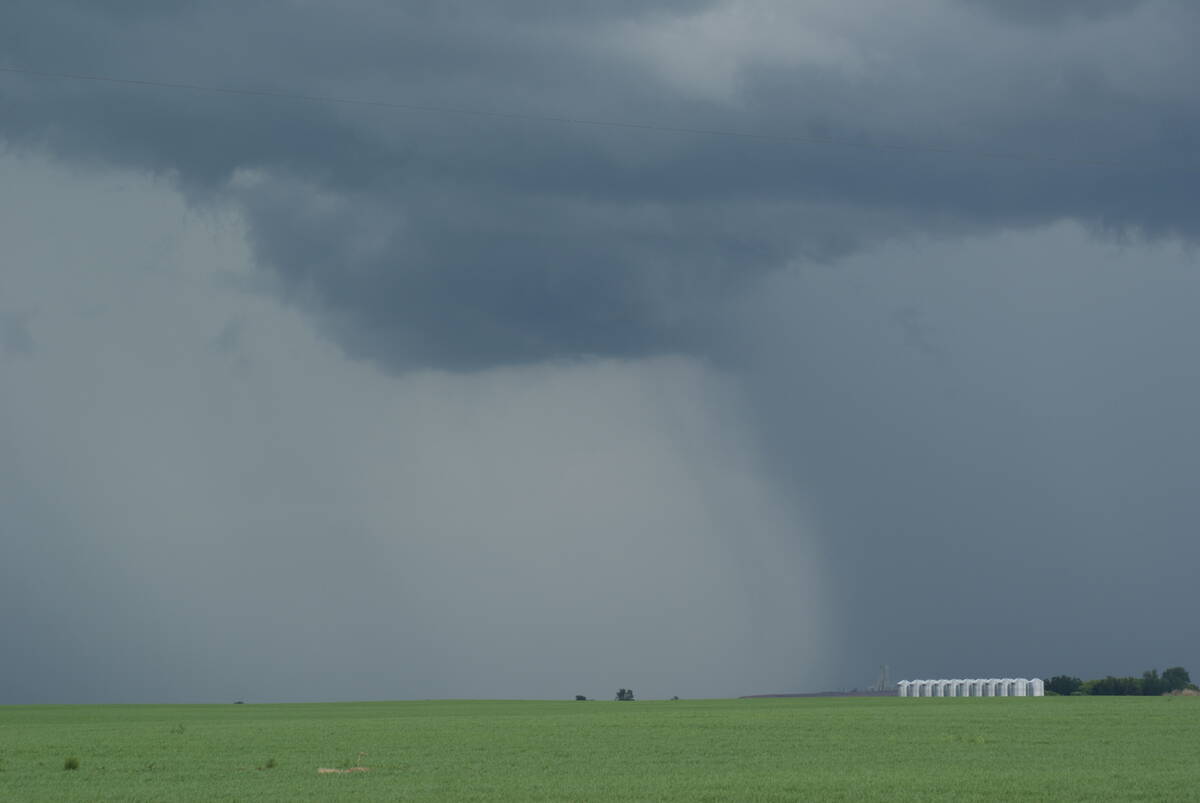A $10,000 decision is small potatoes on many farms these days. Annual input bills run into six figures, while a major expansion can cost more than $1 million.
Big numbers make for big doubts. Jack up your debt just before a cyclical downturn and you may not be in business when things turn around. Even a mistimed fertilizer purchase can be a major hit.
It makes you wonder how the big boys do it, although Joel Ippolito wouldn’t describe himself that way, even though he and brother David run Ippolito Group, one of Canada’s largest fresh produce distributors.
Read Also

Canadian farmers need new tools to support on-farm innovation
Farmers need a risk management buffer that actually works and investment that drives advancements forward if Canada is to build resilience.
Over the last dozen years, the company from Burlington, Ont., has gone from $12 million a year in sales to more than $130 million. The brothers have bought farms in California’s Salinas Valley and Mexico’s Baja California and added contract growers in Arizona and California to complement their network of farmers in Ontario.
They’ve expanded their offerings, bought a fleet of refrigerated trucks and a $4 million spinach processing line and established a major presence at the Ontario Food Terminal, which is Canada’s largest wholesale fruit and produce distribution centre.
So, let’s see, that would make Joel Ippolito an expert in high finance, currency trading, economic forecasting, international trade, consumer food trends and strategic planning.
No way, says the 51-year-old businessperson. He’s just a guy who joined the family business right out of high school and learned on the job.
“I wonder if I’m doing all the things right that the executive of a company our size should be doing,” Ippolito says.
“I’m always questioning myself and trying to evolve as the company evolves.”
He admits a lot has changed since his grandfather Carmelo sold onions and potatoes out of the back of a truck during the Great Depression.
“You have to be very conscious of what’s going on in the markets all the time,” he says.
“Currency is very important if we’re making investments in the U.S. or Mexico (or bringing) product up here. You’ve got to pay attention to where economic forecasts are going, not just for this year but the next two or three years. On issues like food safety, we’ve probably done five times more in the last three years than we’d done in the previous 10. So, yes, there are a lot of things you have to be on top as best you can.”
Given the company’s success, you might think Ippolito feels confident about his ability. Not a bit.
“Every day I feel like I’m going to school,” he says.
“It would be really interesting to go to Harvard and see what they teach in those classrooms, but my classroom is in the school of life.”
The thing is, there’s no graduation from that class. Ippolito is always prepping for the next big exam. Yes, they hire and partner with the brightest people they know but, at the end of the day, Joel and David have to make the call. It’s never easy.
For example, in 2006 North American spinach producers and distributors lost tens of millions of dollars when a spinach crop in California was contaminated with E. coli. So the Ippolitos sought out experts on E. coli and salmonella.
“Even though we weren’t implicated at all, we wanted to be ahead of the curve,” Ippolito says.
“We even installed our own in-house lab so we’d know everything we ship is safe.”
The capital cost of that lab decision was $150,000, plus ongoing operating costs. It may be the smartest move Ippolito ever made, or it might be a yearly drag on profits until he comes up with a better answer.
It would be nice if growth and success made you feel more confident about your business acumen. Ippolito says don’t worry yourself into an ulcer, but don’t make the mistake of thinking you know it all.
In the school of life, he says, the tests keep coming and the smart ones never relax.
Glenn Cheater is editor of the Canadian Farm Manager, the newsletter of the Canadian Farm Business Management Council. The newsletter as well as archived columns from this series can be found at www.farmcentre.com.














